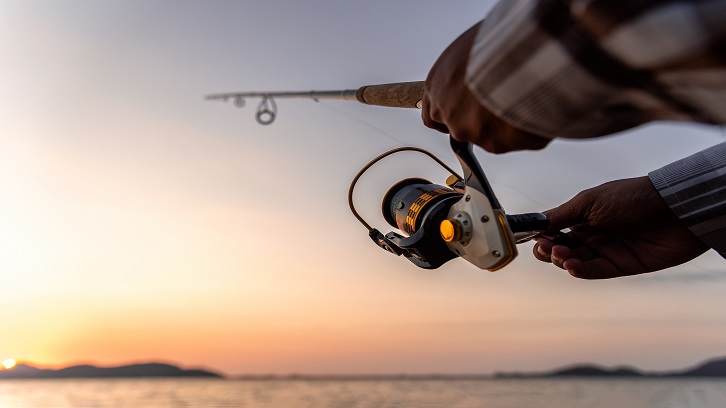The Mediterranean and the need to manage the diversity of interests

Protected marine areas are increasingly a space where maritime activities converge that require co-management of activities. The Interreg Pharos4MPAs project has carried out a review of the marine management of the sea to conclude the need for a conciliation between the different interests that guarantees equitable and sustainable access and use of resources.
Marine protected areas are increasingly a space where maritime activities converge and often compete for space and natural resources, making co-management of activities necessary. Especially in the Mediterranean, which is among the world's top tourist destinations with more than 300 million international tourists per year. This represents around 30% of the total number of tourists in the world. Despite the threats that this influx of visitors can pose to marine ecosystems (unsustainable extractive activities, pollution, climate change), the sea is simply seen as a growing economic opportunity. Studies that have addressed the conflicts that emerge in these contested spaces have focused mainly on their ecological implications, and few do so from the social and cultural aspects. However, they are considered to be the main cause of the lack of understanding, if not the triggering of hostilities between users of marine protected areas, thus reducing their effectiveness as a conservation measure.
This study addresses the conflicts that occur in Mediterranean marine areas between recreational fishing, one of the most important income-generating tourist activities that have grown in recent years, and other maritime activities such as artisanal (professional) fishing and diving. A comprehensive review of the scientific literature within and outside the Mediterranean was carried out to assess these conflicts, including technical reports derived from marine management projects. The literature was reviewed according to qualitative questions that guided the focus of attention. In addition, questionnaires were collected from managers of the most emblematic marine protected areas in the Mediterranean (Medes Islands, Cap de Creus, Cap de Palos and Cabrera in Spain; Côte Bleue, Egadi, Port Cros, Syros, Cerbère-Banyuls, Porquerolles, Cap d'Agde and Bonifacio in France, Torre Guaceto and Portofino in Italy, Institute of the Republic of Slovenia for Nature Conservation, Cape Greco in Cyprus). And questionnaires to the European recreational fishermen's association, and scientists.
The socio-legal framework from which the conception of recreational fishing is constructed and in which the claiming of its rights and uses over the environment is inscribed was identified. These include the lack of a standard regulation that regulates recreational fishing and professional artisanal fishing equally, the absence of a common definition of recreational fishing at the European level that describes the motivations and purposes of the activity, as well as the technical aspects that identify it (e.g. types of fishing gear). Finally, the diversity of criteria at the European level for granting fishing licenses. The study underlines the lack of a social institution that is the interlocutor and backbone of the organization of the recreational fishing community (unlike professional fishing with the Cofradias in Spain, Prud'homies in France, and Fraglie in Italy), makes it difficult to implement governance systems. And it points out that it is necessary to assess the divergence of environmental and cultural values through the lens of environmental ethics to accurately identify the interests associated with the values created by the different users of the sea. In this scenario, reconciling the often divergent interests of different maritime activities must maintain a balance between economic, socio-cultural, and ecological values to ensure equitable and sustainable access and use of resources.
The study was carried out in the framework of the Interreg Pharos4MPAs project (Interreg Mediterranean 3MED17-3.2-M3-066), coordinated by WWF-France.
Interreg Pharos4MPAs project, coordinated by WWF-France, in collaboration with the Universitat de Girona, and with the participation of the UAB Department of Social Anthropology
Universitat Autònoma de Barcelona
References
Gómez Mestres, S; Carreño, A; Lloret, J. (2021). Cultural heritage and environmental ethical values in governance models: Conflicts between recreational fisheries and other maritime activities in Mediterranean marine protected areas. Marine Policy, 129. https://doi.org/10.1016/j.marpol.2021.104529

